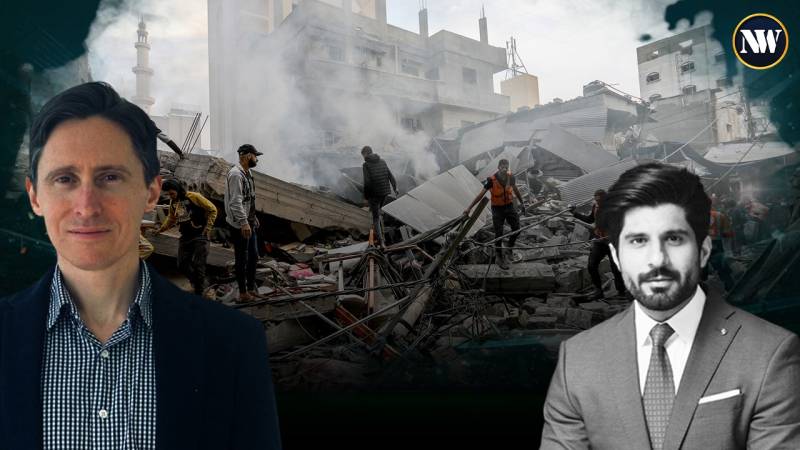The Israel-Palestine conflict has once again captured the world's attention, this time with escalating violence leading to a devastating humanitarian crisis. Beyond the immediate headlines, the conflict is characterized by nuanced historical, political, and humanitarian dimensions. In this article, we delve into the intricacies of the situation, examining the framing of the conflict, the role of the U.S., and the imperative for change.
The current conflict is often portrayed as a war of unequals. On one side stands a nuclear-armed state, Israel, responding to the actions of non-state actors. Attacks on residential complexes, with the most recent one in Jabalia Refugee Complex, have leftover 40,000 homes destroyed. The stark asymmetry in power dynamics underscores the urgency of addressing the situation, particularly given the significant impact on civilians.
An essential aspect of understanding the conflict is examining the narrative perpetuated by key figures. Long-standing officials have a history of disseminating disinformation, propaganda, and dehumanization to justify their policy decisions. This tactic has been employed to garner support for violent and devastating policies, with statements from those directly affected urging Israel to halt its actions. It is crucial to scrutinize the information disseminated by various media outlets, especially corporate media, which may unintentionally or intentionally contribute to the perpetuation of a particular narrative.
To explore a different perspective on the conflict, we spoke with Jesse Franzblau, a senior policy adviser and human rights activist. Jesse's involvement with the Jewish Voice for Peace and participation in protests, including one at Capitol Hill, offers a unique insight into the complexities of the conflict. He emphasizes the need for critical examination and dissent within communities traditionally aligned with the state's narrative.
The gravity of the humanitarian crisis cannot be overstated. With almost 4,000 children reported dead, according to Save the Children, the situation is dire. Over 1.7 million people have been displaced, and scores have been injured. Amid this crisis, voices from various backgrounds, including Jewish individuals, have emerged to condemn the violence and call for a ceasefire. The framing of these voices as extreme or anti-Israel reflects a narrative that stifles dissent and inhibits a nuanced understanding of the issue.
The U.S. has played a significant role in shaping the policies of Israel, providing substantial military aid, and advocating for its "self-defense" measures. The recent request by President Joe Biden for a $105 billion military aid package for Israel raises questions about the U.S.'s role in fueling the conflict. Organizations like Jewish Voices for Peace actively oppose this aid, calling for a reevaluation of policies that are now perpetuating violence and human rights abuses.
The path to resolving the Israel-Palestine conflict requires a multifaceted approach. Advocacy for a ceasefire, reevaluation of U.S. funding, and acknowledgment of the humanitarian crisis are critical steps. Breaking through the narrative of conflating criticism of Israel with anti-Semitism is essential to foster constructive dialogue.

